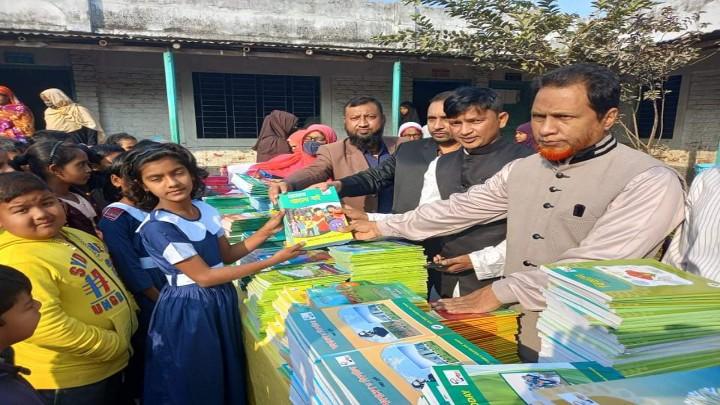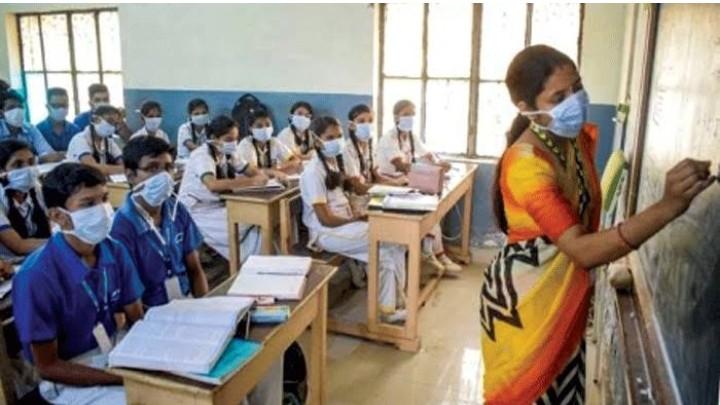
Cleaners: The Unsung Heroes in Achieving the Sustainable Development Goals

Cleaners play an essential yet often overlooked role in the global effort to achieve the Sustainable Development Goals (SDGs). By maintaining hygiene and cleanliness in public spaces, homes, and workplaces, they directly contribute to SDG 3: Good Health and Well-being, by preventing the spread of diseases. Their work also aligns with SDG 6: Clean Water and Sanitation, ensuring that environments are free from contaminants that could compromise water quality..
Moreover, cleaners who use eco-friendly products and sustainable practices support SDG 12: Responsible Consumption and Production, by reducing the environmental impact of their work. For example, opting for non-toxic, biodegradable cleaning agents helps protect ecosystems from harmful chemicals, while conserving water during cleaning processes addresses resource sustainability..
Cleaners also play a pivotal role in promoting equity and inclusivity, indirectly supporting SDG 10: Reduced Inequalities. In many cases, they are part of marginalized communities, and by valuing their contributions and improving their working conditions, society can make strides towards reducing inequality and ensuring decent work for all (SDG 8)..
In educational and healthcare settings, the work of cleaners ensures that students and patients can learn and recover in safe, clean environments, furthering progress towards SDG 4: Quality Education and SDG 3..
In summary, the work of cleaners is integral to the achievement of multiple SDGs, underscoring the importance of recognizing and supporting their contributions to a healthier, more sustainable world. By investing in the well-being and training of cleaners, and by promoting sustainable cleaning practices, we can accelerate progress towards the global goals..
Ajker Bogura / Mahbuber Rahman
আবহাওয়া / পরিবেশ বিভাগের জনপ্রিয় সংবাদ
আবহাওয়া / পরিবেশ এর সর্বশেষ সংবাদ
-

অন্তর্ঘাতমূলক কার্যকলাপের মাধ্যমে গণঅভ্যুত্থানকে বিফলের দিকে বিভ্রান্ত জনগণ ''ফরহাদ মজহার"
-

দেশীয় উদ্যোক্তাদের সামাজিক ব্যবসা আইএসপি
-

যুক্তরাষ্ট্রের নির্বাচনে ব্যালট পেপারে বাংলা
-

মিলেছে ৮টি টর্চার সেলের সন্ধান ,গুম কমিশনে জমা ১৬০০’র বেশি অভিযোগ।
-

৭ নভেম্বরের মধ্যে পাওনা পরিশোধ না হলে বিদ্যুৎ সরবরাহ বন্ধ: বাংলাদেশকে আদানি













আপনার মতামত লিখুন: